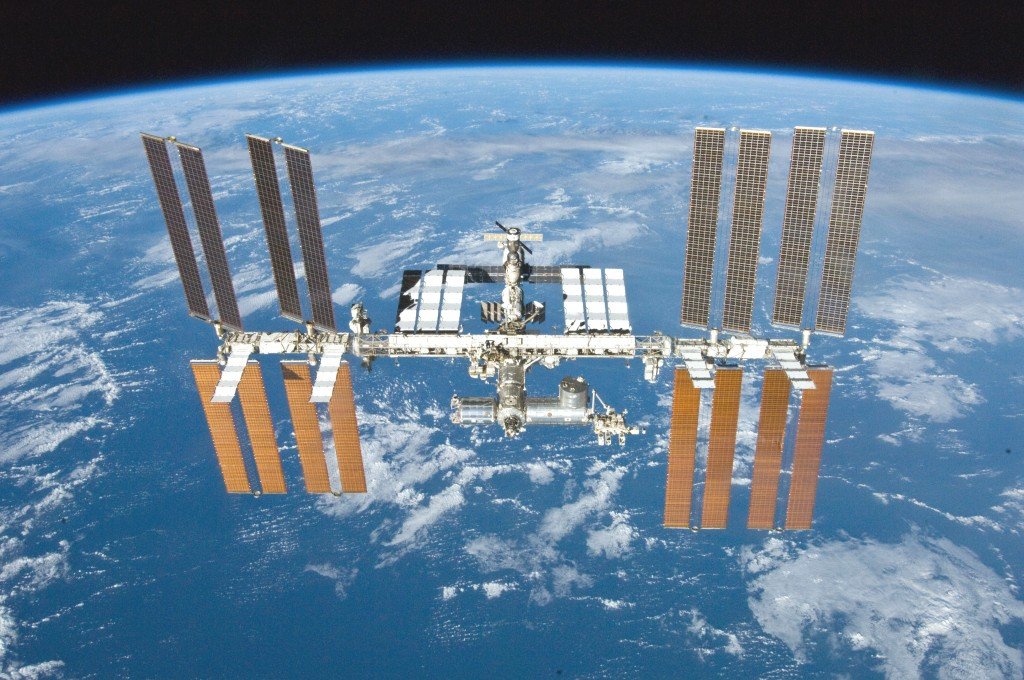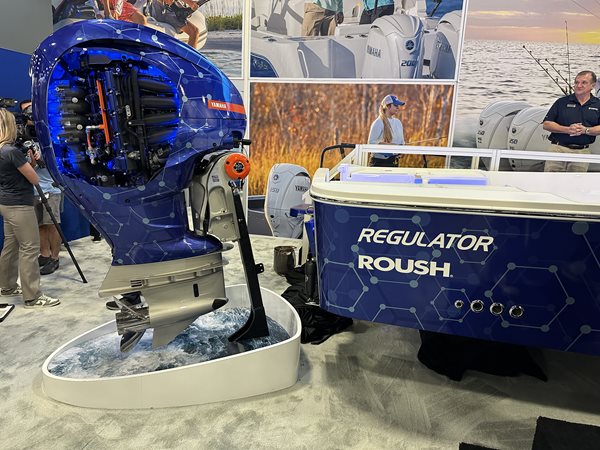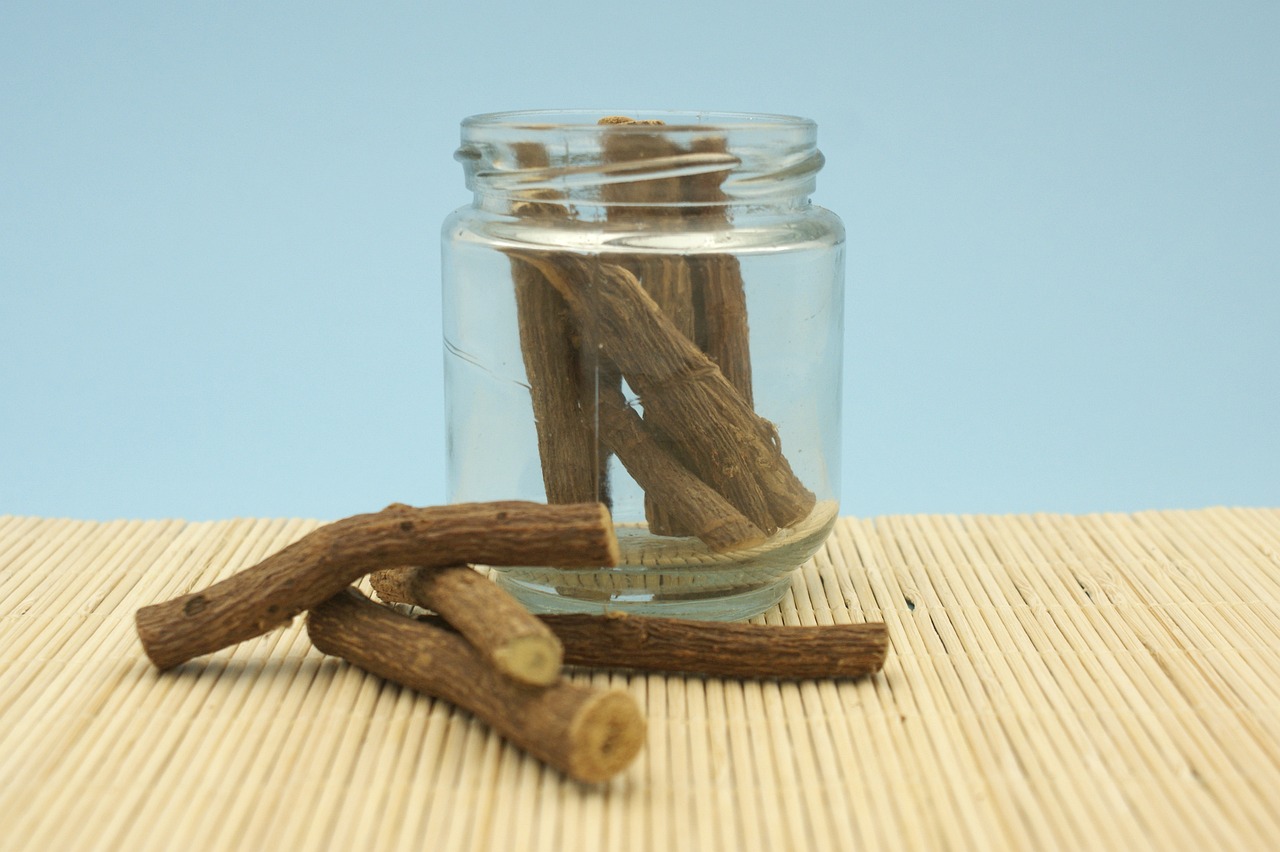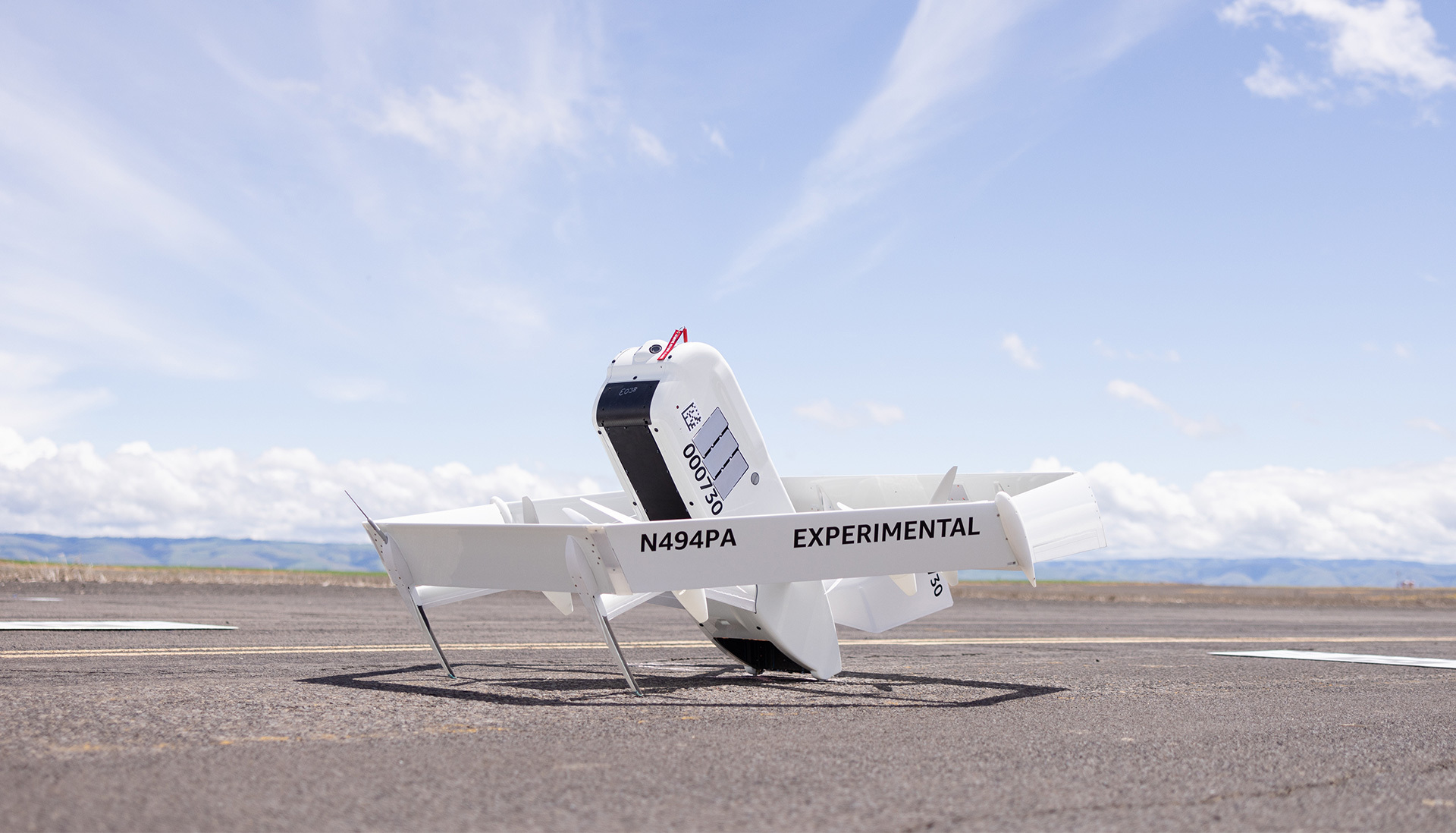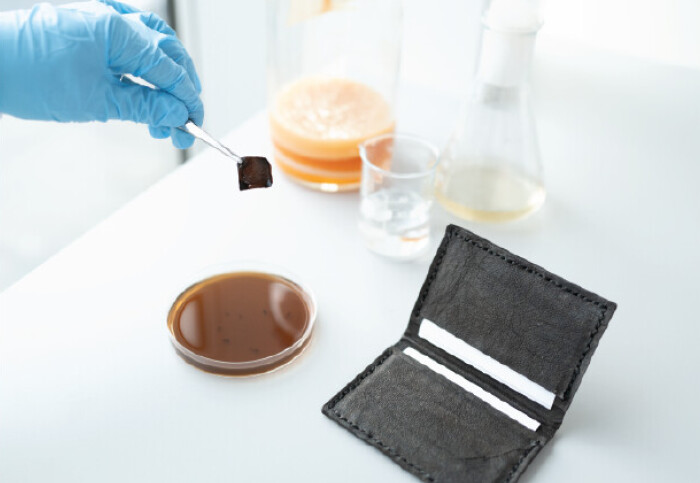The International Space Station (ISS) was the stage for a groundbreaking experiment, marking the first-ever cultivation of mouse embryos in space.
This pioneering research project, led by Professor Teruhiko Wakayama from the University of Yamanashi in Japan, is dedicated to exploring the feasibility of human reproduction in space.
The study began by retrieving early two-cell stage embryos from pregnant mice. These embryos were frozen and then transported to the ISS aboard a SpaceX rocket launched from Florida in August 2021.
The initial results from this experiment suggest that zero gravity and space radiation may have minimal effects on embryonic development.
Implications for Mammalian Reproduction
This discovery could advance research on the safety of human pregnancies in space. Understanding how microgravity and radiation impact mammalian reproduction is crucial for human survival in space.
The embryos were stored in specialized devices for easy thawing and cultivation by astronauts. They spent four days in space, as embryos can only survive outside a uterus for this duration. Upon returning to Earth, the team examined them for any effects of radiation and microgravity on their development.
The embryos showed no signs of DNA damage or developmental issues from radiation during their brief space stay. They differentiated normally, despite concerns about microgravity’s impact on cell separation. Previous studies involving pregnant rats on NASA spaceflights suggest that normal development is possible in space.
Examining the Challenges and Possibilities of Birth in Microgravity
The results suggest that mammalian space reproduction might be possible. However, the actual delivery of a mouse pup or a full-term human baby under microgravity conditions remains uncertain.
Professor Wakayama’s team aims to test if mouse embryos sent to the ISS can successfully implant in female mice and result in healthy offspring. This will also provide more insights into the viability of embryos exposed to space radiation and microgravity. Additionally, they plan to explore whether mouse sperm and eggs sent to the ISS can be used to create embryos through in-vitro fertilization (IVF) in space.

